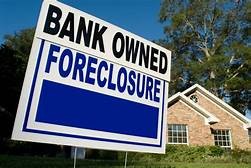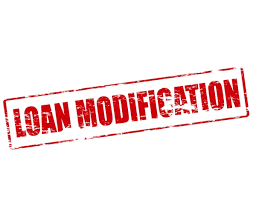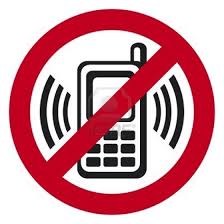 Most of our debt collection laws in Florida apply only for consumer debt, not business debt. Sometimes the answer is not quite clear as to what type of debt is involved. What if for instance you operate a business and took out a loan, but signed a personal guarantee. Sometimes, that personal guarantee will have language referring to the debt being for personal, family or household use. That would likely make the guarantee a consumer debt.
Most of our debt collection laws in Florida apply only for consumer debt, not business debt. Sometimes the answer is not quite clear as to what type of debt is involved. What if for instance you operate a business and took out a loan, but signed a personal guarantee. Sometimes, that personal guarantee will have language referring to the debt being for personal, family or household use. That would likely make the guarantee a consumer debt.
By the way, that terminology comes from the Florida Consumer Collection Practices Act (“FCCPA”), Fla. Stat. Section 559.55-559.77 which defines a consumer debt as a debt incurred for “personal, family or household use.”
What happens if you buy a house, live in it for years, but then ultimately end up moving and renting it out? Or you rent out a room while you are living there? Commericial or consumer debt?
 Reboot Your Life: Tampa Student Loan and Bankruptcy Attorney Blog
Reboot Your Life: Tampa Student Loan and Bankruptcy Attorney Blog





 Sometimes our Florida foreclosure defense clients wait too long to challenge a foreclosure. This is the primary reason why we attorneys always post advice and blog incessantly about not letting a mortgage company get a default judgment or challenging a default if one occurs.
Sometimes our Florida foreclosure defense clients wait too long to challenge a foreclosure. This is the primary reason why we attorneys always post advice and blog incessantly about not letting a mortgage company get a default judgment or challenging a default if one occurs. Many of our Tampa Bay, Florida clients facing foreclosure want to speak with their mortgage company and reach some kind of agreement for a loan mod, deed in lieu, cash for keys or short sale. Many do not. They’ve been there and done that and no longer want to receive in some cases hundreds of calls from a mortgage company.
Many of our Tampa Bay, Florida clients facing foreclosure want to speak with their mortgage company and reach some kind of agreement for a loan mod, deed in lieu, cash for keys or short sale. Many do not. They’ve been there and done that and no longer want to receive in some cases hundreds of calls from a mortgage company.